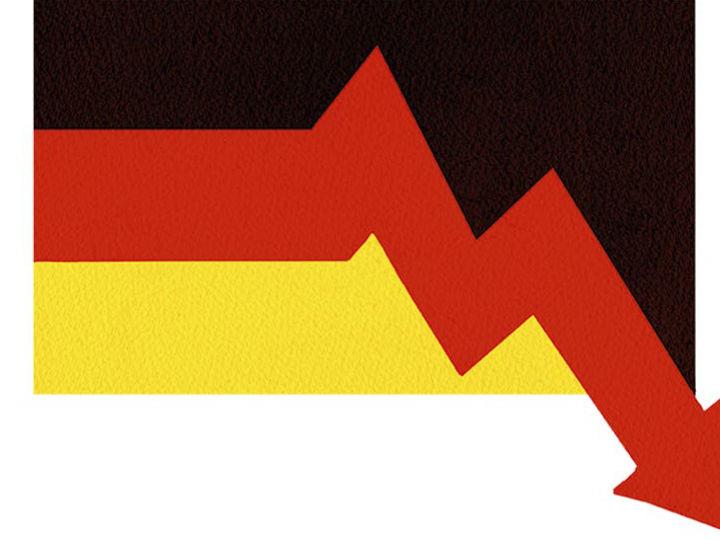by Ryan O’Connell*
In the pre-Trump era, there was a consensus in Washington that the United States should promote democracy abroad. That policy did lead to some egregious mistakes, such as the invasion of Iraq. However, the intentions were generally honorable.
The Iraq precedent
At the time, many foreign critics of the George W. Bush administration asserted that the United States’ real rationale for attacking Iraq was to seize its oil reserves — rather than to install a democracy.
Wisely, the Bush administration created a fair bidding process for oil rights. As it turned out, non-U.S. oil producers won those auctions.
As a result, the U.S. government could justify the Iraq war as an attempt to replace a despotic regime — not a strategic move to grab another country’s resources.
Flipping the situation upside down
Donald Trump has flipped the situation upside down, through his demands for mineral rights. Like Putin and other tyrants, Trump despises democracy.
He also has no interest in preserving Ukrainians’ freedom. Like the ruler in the Kremlin, Mr. Trump does not believe that people have the right of self-determination — whether they live in Ukraine, Greenland or Canada.
Far more brazen than the Chinese
Trump also does not care about the United States’ reputation abroad. Before, the United States of America stood for democracy. Now, it is all about “making a deal” and getting paid.
With his penchant for outspokenness, Trump makes the Chinese — who always take great pains to shroud their material goals in more “cooperative” language — look almost altruistic by comparison.
Copying the Russians
Odds are that Doanld Trump may have been inspired by the Russians. After all, Putin and his cronies have developed a highly successful “business model” in Africa.
There, they sell protection services to countries that are under attack by Islamic militias. In Mali, Niger and other nations, the Wagner Group, a supposedly private outfit, provided Russian mercenaries to fight the Islamic groups.
Absorbing mercenaries into the regular army
After Yevgeny Prigozhin, the Wagner Group’s leader, staged a brief rebellion against Putin, the Russian government absorbed his mercenaries into the regular army. Putin essentially dropped any pretense that Wagner was operating independently from his regime.
The Russian mercenaries have used brutal methods in Africa, resulting in many civilian deaths, but they do get results. And their price? The African governments enjoying Russian “protection” have awarded them extremely lucrative mining franchises in their mineral-rich countries.
Bessent’s approach
When U.S. Treasury Secretary Scott Bessent met with Zelensky in Kyiv, he apparently demanded that Ukraine sign over the rights to 50% of its rare earths, according to press reports.
Furthermore, the United States would own the minerals — it would not pay for them. Ukraine would transfer the ownership rights to reimburse the United States for the assistance it has previously provided. And, in return, the United States would consider sending troops to assist in peace-keeping efforts.
Some useful numbers
The U.S. Congress has appropriated $175 billion in total aid for Ukraine over the last three years — and not all of it has been disbursed. So, the Trump administration, at $500 billion, is demanding quite a “return on investment.”
Although the $175 billion is a large sum in absolute dollars, this vital assistance rendered to Ukraine has not really been a drain on U.S. taxpayers or the economy.
First of all, the annual run-rate of aid has been about $60 billion a year, and the military component is about $30 billion. Putting these numbers in context, they represent:
– Less than 1% of the U.S. budget ($6.4 trillion)
– Less than 4% of the U.S. military budget ($820 billion)
– 0.2% of the U.S. Gross Domestic Product ($27.3 trillion)
Meanwhile, on a proportional basis, the European Union has appropriated more funds for Ukraine than the United States has. Several European nations spend 1%-2.5% of their GDP on aid for Ukraine — a much higher percentage than what the United States has allocated.
More one-sided than even the Russians?
Trump may think that he has improved on the Russian approach. After all, he has not even promised to send any troops to Ukraine.
Here is the ultimate irony: Vladimir Putin has invaded a peaceful neighbor, Ukraine. The Russian army has killed tens of thousands of civilians, destroyed many cities and seized 20% of Ukraine’s territory.
And Donald Trump demands, in essence, that Ukraine pay reparations… to the United States.
Trump has replaced the beacon of democracy with a pawnbroker’s sign.
**spent his career on Wall Street as a lawyer, banker and bond analyst
*first published in theGlobalist




 By: N. Peter Kramer
By: N. Peter Kramer

